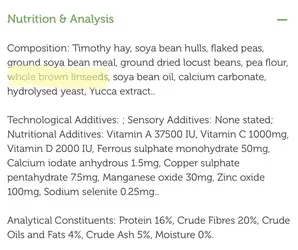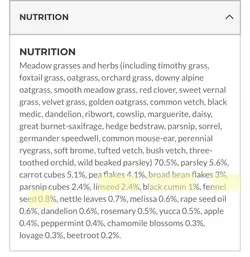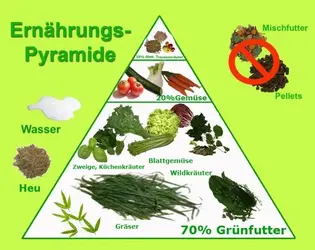Nyanzai
New Born Pup
- Joined
- Apr 14, 2020
- Messages
- 49
- Reaction score
- 34
- Points
- 125
Hi, I’m wondering what the general consensus is on Erin’s advice from Erin’s ark. She has a youtube channel, been keeping rabbits, guinea pigs, hamsters and gerbils for a long time and seems really knowledgeable BUT her advice doesn’t quite match the general consensus of this forum. For one, she doesn’t tend to give pellets and instead gives a seed blend. Everyone on here says to avoid seeds completely but Erin points out that the piggies in the wild would eat plenty of seed heads from plants in seed. Even pet piggies eat the seed heads of rye grass or timothy hay so is it more the chance of choking that is the problem? Of course Erin advises that hay and wild forage or vegetables along with hay to be the bulk of the diet but also a tablespoon of herbs/seed mix every few days to help with omegas and the vitamins they need as they wont be eating exactly as they would in the wild. As a scientist, what she is saying makes perfect sense to me. However i’m keeping in mind that the bulk of their diet would of course NOT be seeds as the wild piggies would be having them mainly only during the season where the plants go to seed. But it also means it wouldn’t be ZERO in the diet if you know what I mean. Anyway i’m rambling now. Thoughts?
Can Guinea Pigs Eat Seeds?
Can Guinea Pigs Eat Seeds?



